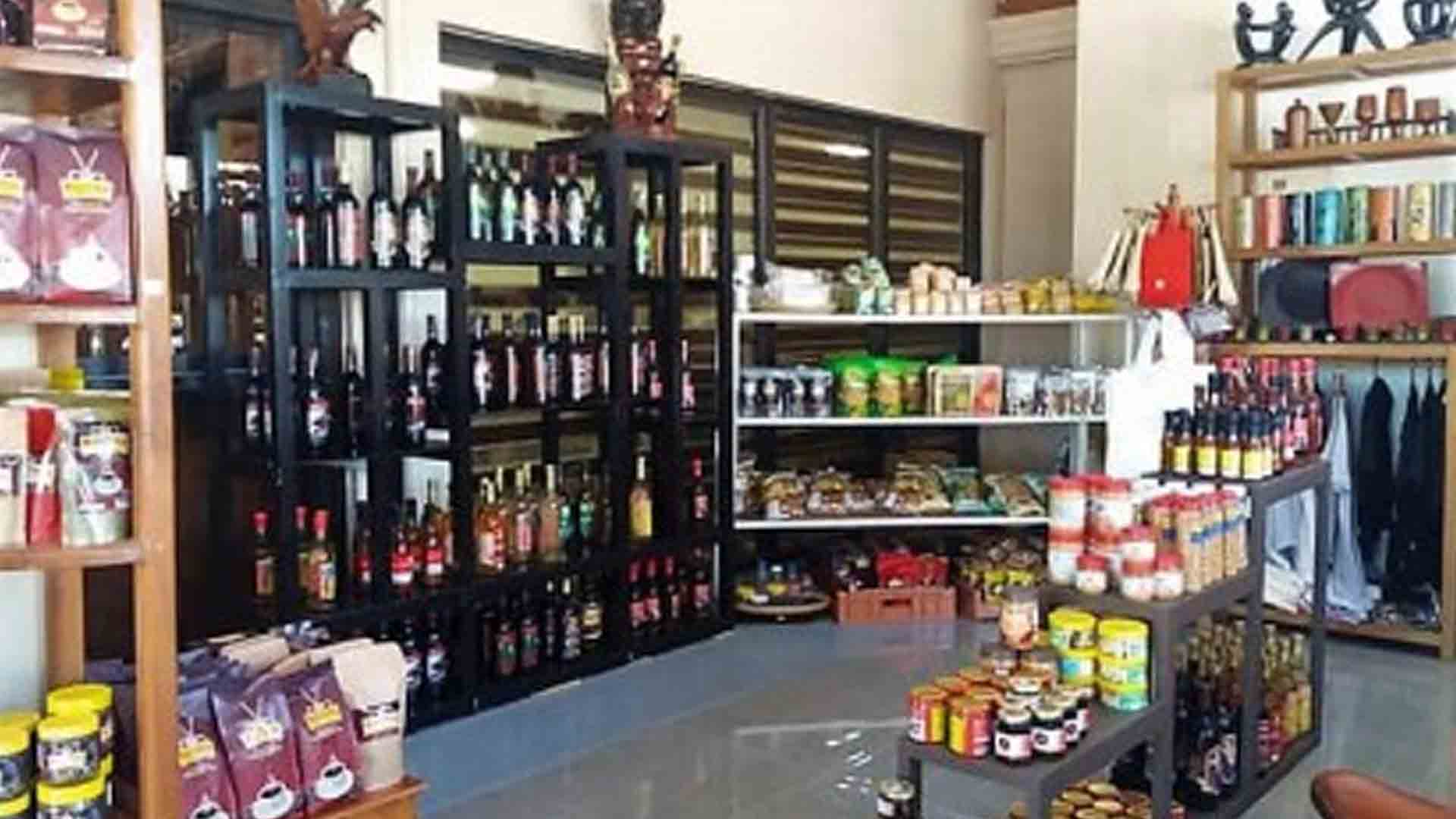With disaster risk and resilience systems upended by the COVID-19 pandemic, a local coalition of international and local organizations has renewed the call for business resilience in light of the pandemic’s impact especially on vulnerable sectors like micro-small and medium enterprises.
In its first virtual Annual General Membership Meeting, ARISE (Private Sector Alliance for Disaster Resilient Societies) Philippines said there is a need to focus on key priority areas in its advocacies on disaster risk reduction (DRR).

ARISE Philippines is a local network of the Global ARISE network of the United Nations Office for Disaster Risk Reduction (UNDRR).
Mr. Hans T. Sy, SM Prime Holdings Chairman of the Executive Committee and concurrently Co-Chair of ARISE Philippines underscored the importance of DRR and the critical roles both the private and public sectors play in ensuring disaster preparedness.
“The importance of DRR can be amplified when there are people who can spur action that is positive and resonating. We want more of this to advocate saving lives and livelihood,” said Mr. Sy.
“I always believed that the call for preparedness, prevention and mitigation is at the forefront of Disaster Risk Reduction. Our role here as private sector members is to supplement public sector assistance with our expert knowledge and available resources. In doing our own DRR and forging partnerships with the local and national government, we can lift the majority away from the hazards of disasters,” Mr. Sy added.
In her keynote remarks, UNDRR Head and Special Representative to the Secretary General Mami Mizutori said businesses need to be involved in building disaster resilience to bring greater focus on disaster prevention across four ARISE priorities: enhancing resilience of small and medium enterprises; integrating disaster and climate risks into investment decisions by the financial sector; incentivizing disaster risk reduction through engagement with the insurance industry; and supporting resilient infrastructure development.
“We must seek to protect the most vulnerable. The resilience of small businesses and those in the informal sector, is of particular importance,” Ms Mizutori said. Around 98 percent of businesses in the Philippines make up MSMEs.
She added that based on an assessment by the UN Industrial Development Organization on the impact of COVID-19 on small businesses in the Philippines, “even when businesses were permitted to operate during the enhanced community quarantine, around half could not.”
She also said that of those who could not operate, 75 percent did not have a business continuity plan (BCP). For those who had BCPs, half found their plans to be inadequate and lacking in dealing with COVID-19.
“That is why it is critical that we all do what we can to ensure business owners have tools and the support they need, not only to survive this current crisis, but to guard against future ones,” Ms Mizutori said.
Sec. Delfin Lorenzana, Secretary, Department of National Defense and Chairperson, National Disaster Risk Reduction and Management Council (NDRRMC) said the collaboration between public and private institutions creates “a vital component to efficiently and effectively mitigate the adverse effects of disasters especially this current pandemic.”
“ARISE Philippines has always been our reliable partner in involving the business sector in disaster risk and preparedness,” Sec. Lorenzana said.
VAdm. Alexander Pama, Co-Chair of ARISE Philippines said the organization will dedicate members and activities in support of the four priority areas of SMEs, investors and investment, reinsurance and resilient infrastructure. He added that ARISE Philippines will create committees and embark on comprehensive and coordinated efforts aligned with these four priority areas
For her part, ARISE Global Board Member Liza Silerio said the role of business especially in ARISE local networks is key to building resilient economies. She reiterated the ARISE global manifesto that businesses, as providers of products, services and employment, have a direct influence on a country’s ability to mitigate risks, be better prepared and to quickly return to normalcy from the effects of man-made and natural disasters, including pandemics such as COVID-19.”
“We are all aware that the unprecedented pandemic has hit businesses hard and many companies, especially SMEs, are now trying to rebuild their customer bases, supply chains and further looking at their financial positions. The crisis however, has provided the private sector an opportunity to re-assess its preparedness and resilience. The solution is prevention as we believe in prevention saving lives,” Ms. Silerio said who is concurrently the Vice President for Corporate Compliance at Shopping Center Management Corp. and Director of the SM Cares Program.
Established in 2015, ARISE Philippines was the first local network created by the UNDRR. It brings together private sector companies in the Philippines for the purpose of supporting and pushing for the attainment of the targets of the Sendai Framework for Action towards building resilient societies in support of the UN Sustainable Development Goals.
ARISE Philippines members have focused on activities promoting and undertaking risk-informed business investments in order to achieve coherent approaches to the reduction of disaster and climate risks for sustainable development and long-term economic growth.







